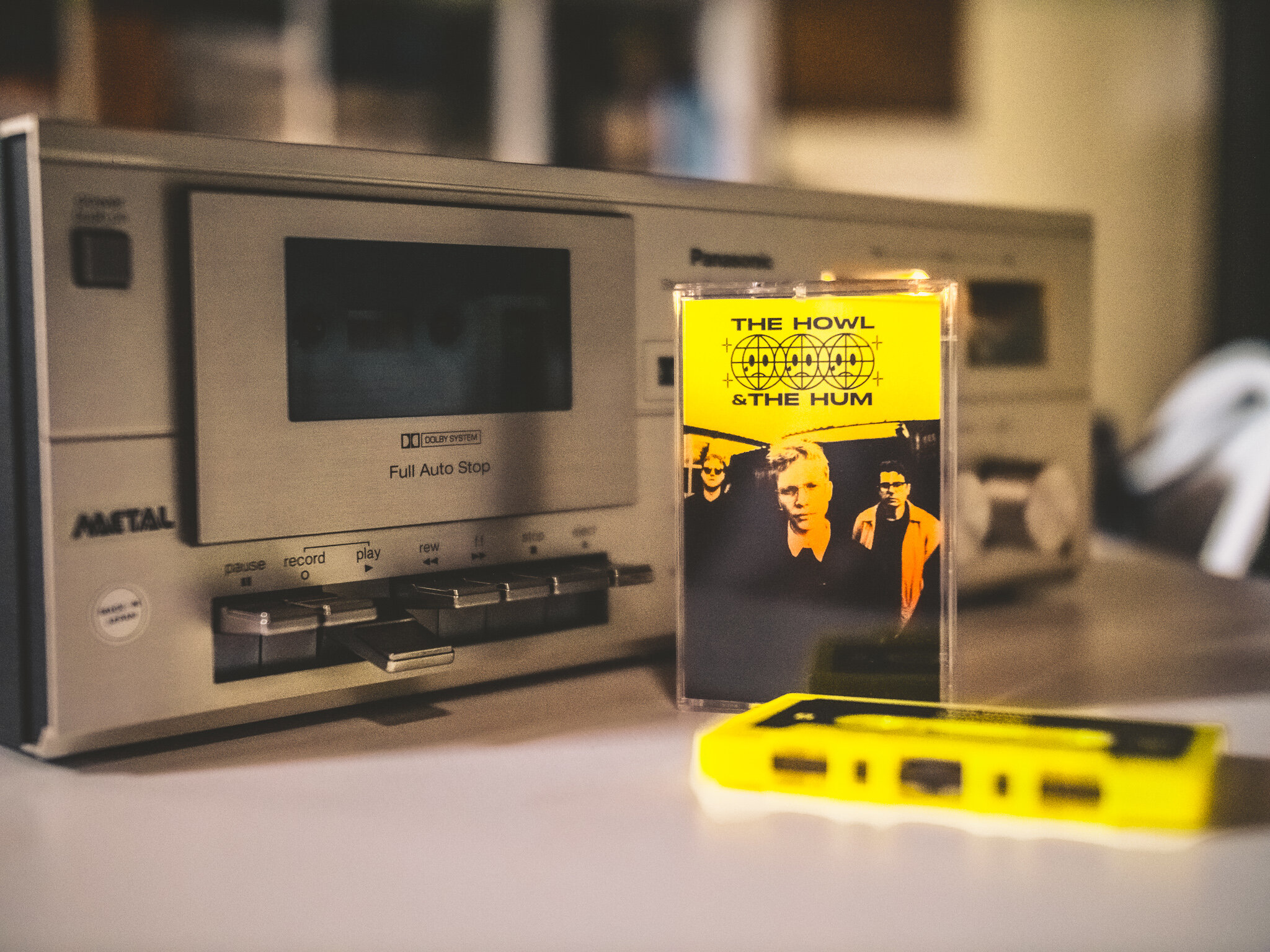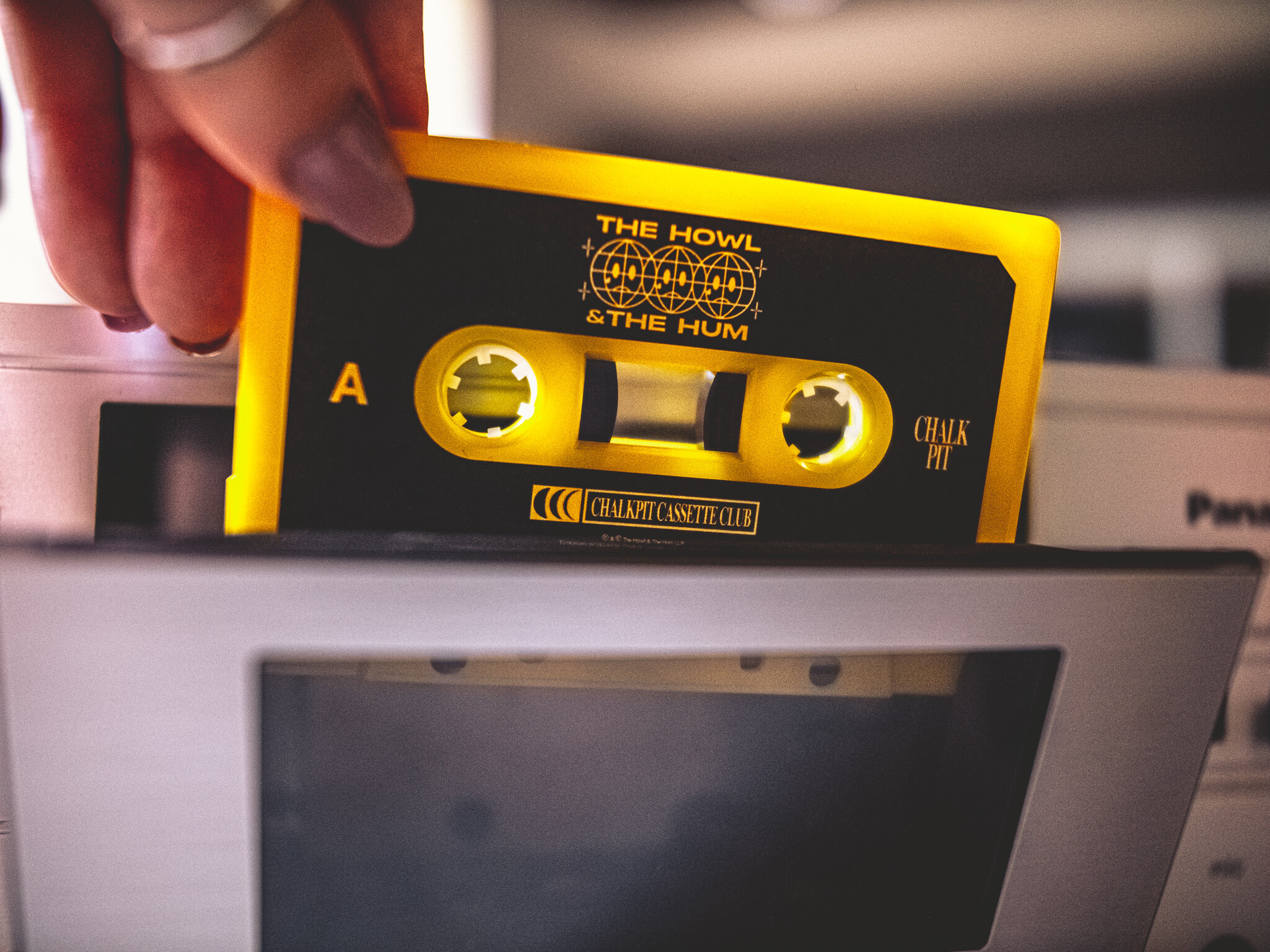Cassettes: The Past, Present, and Future of Music
Cassettes: The Past, Present, and Future of Music
Cassette tapes are a relic of the past, but it doesn't mean they're no longer relevant. Many cassette tape labels and projects have popped up in recent years, and cassette players are making their way into more independent music stores and retailers such as Urban Outfitters. Digital music may be more accessible than cassette tapes, but analogue music remains popular among certain audiences. In this blog post we will explore the evolution of cassette tapes as well as some key points to consider when deciding whether or not you should start enjoying listening and collecting cassette tape in 2021.
When was the Cassette invented?
The cassette tape is one of the earliest forms of music distribution. Invented in 1963 by a Dutch company called Philips/Norelco, cassettes quickly spread to other countries including America where it became popularized among teenagers. Cassette tapes are considered analogue because of its Magnetic tape which provides a richer sound over Digital files. The cassette tape is a medium of analogue sound recorded on magnetic storage that has been in the music industry since it was invented. But who exactly was the first artist to release a record on cassette tape?
The cassette made its debut in the United States when it was introduced by the Phillips Company of Holland (Norelco) during 1964 as a new alternative for those who wanted an inexpensive, easy listening device. Cassette tapes quickly spread to other countries including America and the United Kingdom where it became popularized among teenagers and youth cultures.
What made cassette tapes so special?
At first cassette tapes were used to record songs off the radio or mix together home-recorded tracks before they became an efficient means of releasing recording music. In a commercial sense, cassette tapes were used primarily as an alternative way to listen to albums because they offered three main benefits: cheaper cost, less chance for quality degradation due to wear and they we're the first truly portable listening device. As time went by, cassette tapes became the dominant audio format and cassette decks, portable cassette players were becoming increasingly common household and personal devices as they began to replace record players.
Who is buying cassette tapes in 2021?
Cassette tapes had been forgotten for many years, with vinyl taking over as the main format of choice among musicians and collectors alike, however in 2020 / 2021 the cassette tape is seeing its biggest sales since 2000. Cassettes have seen a resurgence of sorts as they become collectibles amongst people who enjoy retro trends and is what has lead to 100% increase in cassette sales in the UK.
You can still buy cassette tapes at Urban Outfitters and other music stores as well, while some labels have also started releasing cassette only releases such as Chalkpit Cassette Club who are releasing limited edition and exclusive records on the cassette tape format in 2021.
Nonetheless, it is clear that cassettes are making a come back because they provide an experience (and nostalgia) not found anywhere else.
“The cassette has been revived because people still want access to tangible music experiences.”
Nonetheless, it is clear that cassettes are making a come back because they provide an experience (and nostalgia) not found anywhere else. So don't expect it to disappear any time soon! The cassette has been revived because people still want access to tangible music experiences. In an era dominated by streaming.
With sales on the rise, there is renewed interest in cassette tapes and cassette tape players, I would predict that over the next 2 years that there will be an even interest in consuming music and releasing music on the cassette tape format.


